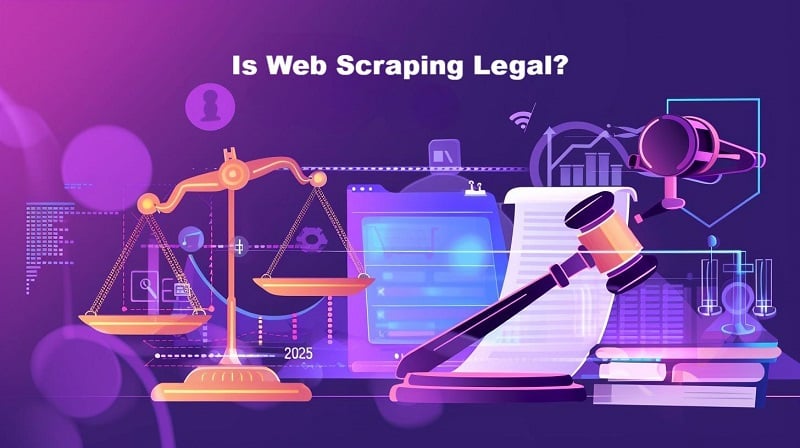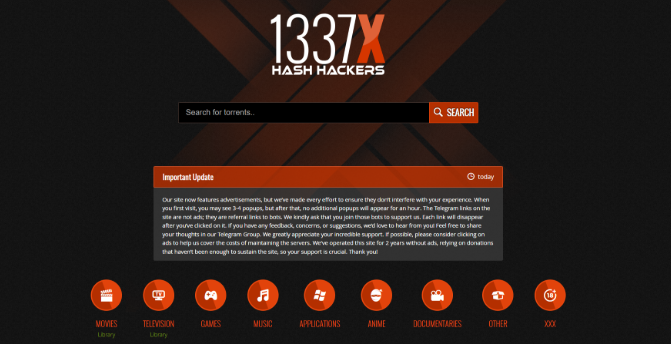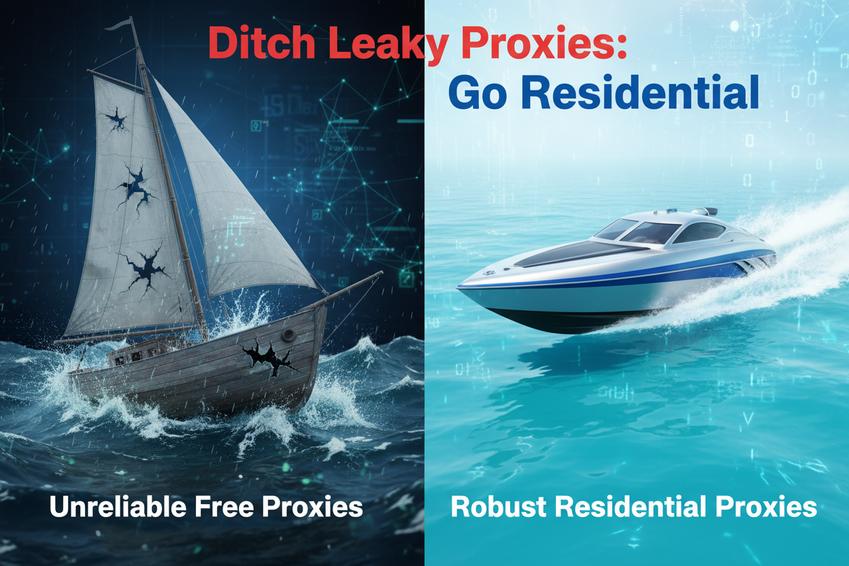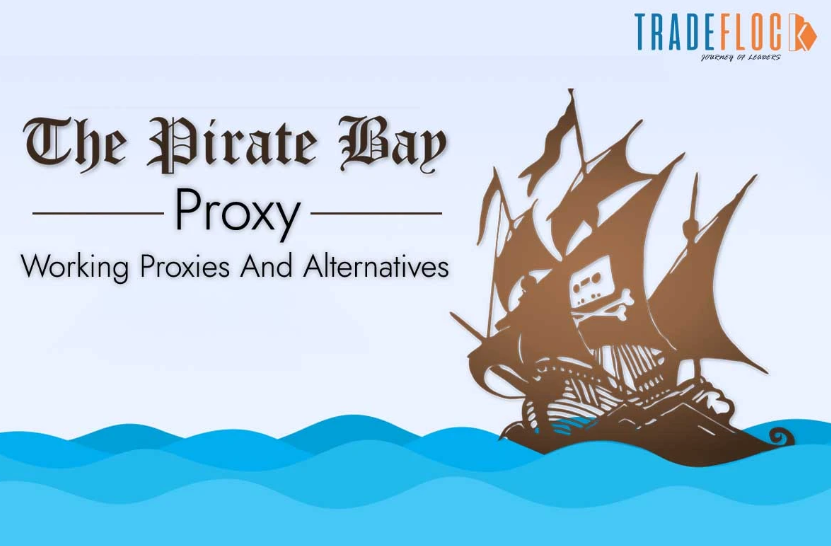Is Web Scraping Legal? Laws and Ethics in 2025
Web scraping—automatically pulling data from websites—powers everything from market research to AI development. But if you’re searching "is web scraping legal," you’re likely worried about crossing legal lines or facing bans. Users often want to know: Can I scrape freely? What laws apply? How do I avoid trouble? The answer isn’t black-and-white—it hinges on what you scrape, how you do it, and where you’re based.
This guide tackles those concerns head-on. We’ll break down the legal landscape, ethical boundaries, and practical tips for 2025, ensuring you—whether a beginner or pro—can scrape confidently and responsibly.

What Is Web Scraping?
Web scraping uses automated tools to extract data like prices, reviews, or public posts from websites. Beginners might use it to track competitors, while professionals might build datasets for machine learning. But its power raises questions: Is it hacking? Does it violate privacy? Legality depends on context, so let’s dive into the rules.
The Legal Landscape: Where Do You Stand?
Laws vary by region, and understanding them is key to staying compliant. Here’s a rundown of major jurisdictions in 2025.
United States: CFAA and Copyright Nuances
The Computer Fraud and Abuse Act (CFAA) plays an important role in the United States. It bans unauthorized access to systems, but courts have clarified its scope. The HiQ Labs v. LinkedIn case (2019-2022) ruled that scraping public data—like profiles anyone can view—is legal, even if a site’s terms say otherwise. Scraping behind logins, though, risks CFAA violations.
Copyright law adds another layer. Facts (e.g., stock prices) aren’t protected, but creative content (e.g., articles) is. Unless you have permission, scrape the former, not the latter.
Q: Can I scrape job listings?
A: Yes, if they’re public—but avoid copying descriptions verbatim.
European Union: GDPR’s Strict Rules
The General Data Protection Regulation (GDPR) is dominant in the European Union. It protects personal data—names, emails, even browsing habits. Scraping this without consent is illegal, with fines reaching millions (e.g., Clearview AI, fined €20M in 2022). The Database Directive also protects structured data sets, so crawling an entire directory could trigger liability.
Q: What if I scrape emails?
A: You need consent, or you’re breaking GDPR.
United Kingdom: Post-Brexit Protections
The UK’s Data Protection Act mirrors GDPR, demanding consent for personal data. The Copyright Act protects databases, too. Scraping here follows EU-like rules—public data is safer, but privacy matters.
Q: Is scraping UK sites riskier now?
A: Not much, but privacy laws are tightening globally.
Ethical Scraping: Don’t Be the Bad Guy
Legal doesn’t always mean ethical. Users often ask, "How do I scrape without causing harm?" Here’s how:
Respect Robots.txt: This file signals what’s off-limits. It’s not the law, but ignoring it risks bans or lawsuits.
Avoid Server Overload: Too many requests can crash a site—think denial-of-service territory. Space them out.
Use Data Fairly: Don’t repost scraped content as-is. Transform it (e.g., analyze trends) to add value.
Opt for APIs: If a site offers an API, use it—it’s the legal, ethical shortcut.
Tools That Help: Proxies and Beyond
Scraping smart means using the right tools. Proxies are a must—they mask your IP, spread requests, and dodge blocks. OkeyProxy, a reliable proxy provider, offers fast, secure options for:
- Hiding your identity.
- Accessing geo-locked data.
- Rotating IPs to mimic human traffic.
Beginners can start with basic proxy setups; pros might pair them with headless browsers for complex sites.
Real Cases: What History Teaches Us
Legal battles clarify the dos and don’ts. Here are three:
HiQ Labs v. LinkedIn (2019-2022)
LinkedIn lost—courts said public data scraping is fine.
Takeaway: Stick to what’s openly accessible.
Ryanair v. PR Aviation (2018)
Ryanair’s terms didn’t hold up in court—scraping flight data was allowed.
Takeaway: Terms aren’t always king, but don’t push it.
Meta v. Bright Data (2023-2024)
Meta failed to stop public profile scraping, but ethics took center stage.
Takeaway: Legal wins don’t erase public scrutiny.
Practical Tips for Safe Scraping
Here’s your cheat sheet:
Check ToS & Robots.txt: Even if not binding, it’s a courtesy.
Use Public Data: Avoid logins or paywalls.
Scope Data Needs: Only scrape fields you actually use.
Anonymize Personal Info: Strip identifiers if you must scrape them.
Rate Limit: Tools like OkeyProxy help pace requests.
Get Legal Advice: Big projects? Talk to a lawyer.
Select Appropriate IP Strategy: Use rotating proxies (e.g., from OkeyProxy) to prevent bans.
Scrape Smart in 2025
Web scraping’s legality hinges on context—public data is usually safe, but personal data and restricted sites are dicey. Laws like GDPR and the CFAA set boundaries, and ethics fill the gaps. With tools like OkeyProxy and a cautious approach, you can scrape without worry.
As 2025 unfolds, tighter privacy rules loom. Stay informed, respect sites, and prioritize consent. Scraping’s powerful—use it wisely.






















